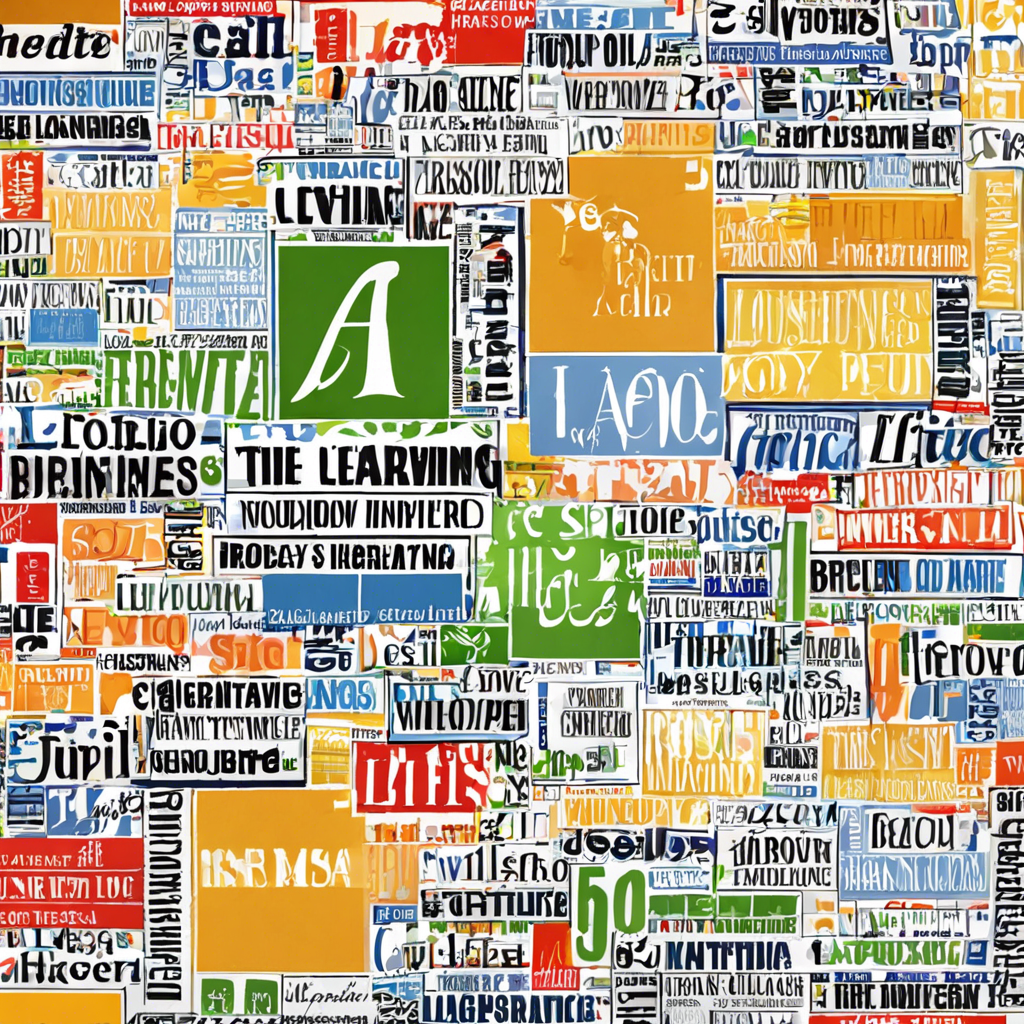Learning a new language is an enriching endeavor that broadens horizons and unlocks a plethora of benefits, both personally and professionally. It is a passport to discovering new cultures, connecting with people, and gaining a deeper understanding of the world. In today’s globalized society, where interactions with people from different linguistic backgrounds are increasingly common, embracing multilingualism becomes all the more advantageous.
Firstly, language learning enhances cognitive abilities. It stimulates the brain, improving memory, problem-solving skills, and attention span. Bilingualism, or even multilingualism, acts as a cognitive reserve, offering potential protection against cognitive decline and improving brain health in the long run. Numerous scientific studies have backed this up, highlighting improved executive functioning and mental flexibility in those who speak multiple languages.
Secondly, in an era of globalization, language skills enhance employability and open doors to international career opportunities. Multilingual individuals are highly sought after in fields such as diplomacy, international business, tourism, and language education. They bring valuable intercultural communication skills to the table, fostering better understanding and collaboration in diverse teams. In today’s competitive job market, language proficiency can set one apart and open doors to exciting professional paths.
Moreover, delving into a new language provides a window into another culture. It enables individuals to appreciate different perspectives and traditions, fostering empathy and a more nuanced view of the world. Language is intricately linked to culture, and by learning the language, one gains access to the heart of a community. This may include understanding hidden cultural nuances, enjoying literature and film in their original language, or partaking in local customs and traditions with a deeper level of appreciation.
Language learning also fosters a sense of community and expands one’s social circle. It opens doors to new friendships and connections with native speakers, both locally and abroad. Whether through language exchange programs, community groups, or international travel, language learners often find themselves welcomed into new social networks, enriching their lives with diverse perspectives and lasting friendships.
Additionally, the benefits extend to improved travel experiences. Speaking the local language enhances travelers’ ability to navigate new destinations, communicate with locals, and gain insider knowledge. It allows for a more authentic and immersive experience, enabling travelers to delve beneath the surface and truly connect with the heart of a place and its people.
Language learning also improves listening skills and promotes active listening. It teaches individuals to focus on the speaker, comprehend nuances, and respond appropriately. This skill is invaluable in fostering better communication in all areas of life, from personal relationships to professional collaborations, leading to stronger connections and improved conflict resolution.
Furthermore, the sense of accomplishment that comes with mastering a new language is unparalleled. Setting language learning goals, whether it’s holding a basic conversation or attaining fluency, and then achieving them boosts confidence and self-esteem. The process of language acquisition requires dedication, patience, and perseverance, and overcoming challenges along the way fosters resilience and a growth mindset.
Another advantage is the improved ability for abstract thinking and creativity. Language learning exposes individuals to different grammatical structures, vocabulary, and expressions, challenging their thinking and encouraging them to view concepts from multiple angles. This cognitive flexibility enhances problem-solving skills and fosters creativity, benefiting areas such as writing, innovation, and artistic pursuits.
Lastly, learning a new language improves one’s understanding of their mother tongue. By comparing and contrasting grammatical structures, vocabulary, and sentence patterns, individuals gain a deeper appreciation for the intricacies of their native language. This heightened awareness can lead to improved writing, communication skills, and a greater sensitivity to language in general.
